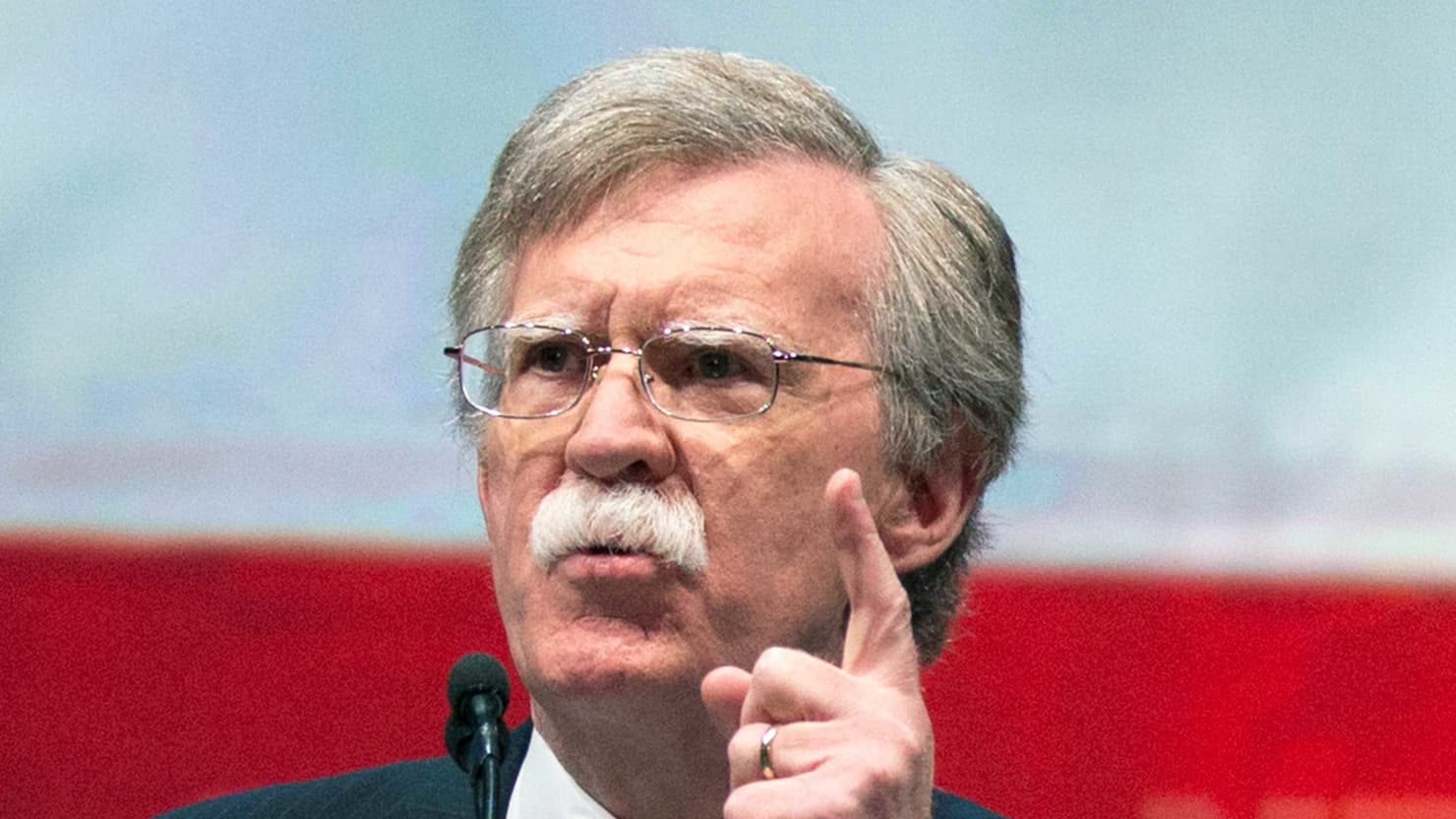In a tweet on Friday, President Trump announced that “additional large-scale sanctions” by the US Treasury that had been added to already existing set of sanctions – were now off the table.
It is not clear yet why the President has seemingly undercut his National Security Adviser John Bolton, but it’s possible we could be witnessing a serious fissure in the internal workings of the White House power structure.
Prior to this, Bolton took to Twitter to crow about the harsh new sanctions on North Korea had described the treasury sanctions at the time as “important” and that “the maritime industry must do more to stop North Korea’s illicit shipping practices.” After that announcement, North Korea suddenly withdrew from the inter-Korean liaison office located at the North Korean border city of Kaesong. The office is a recent diplomacy initiative which allows officials from North and South Korea to communicate on a regularly.
Trump then seemed to re-establish his authority over the situation, and quite possibly in a desperate bid to rescue a deteriorating peace deal with Pyongyang:
It was announced today by the U.S. Treasury that additional large scale Sanctions would be added to those already existing Sanctions on North Korea. I have today ordered the withdrawal of those additional Sanctions!
— Donald J. Trump (@realDonaldTrump) March 22, 2019
It is believed that the sanctions in question refer to the Treasury Department’s move to blacklist two China-based shipping companies for reportedly violating sanctions against North Korea.
Thus far, Pyongyang has made no comment on Washington’s sudden reverse pivot on the matter.
Antiwar.com reports…
Just one day after the Treasury Department announced new North Korea sanctions, centered on a pair of Chinese shipping companies, President Trump announced in a Tweet that he is ordering the withdrawal of those same sanctions.
The new sanctions were meant to be related to shipping companies buying North Korean coal in violation of US sanctions. The administration has yet to offer any clarity on why Trump overruled the Treasury Department on that matter.
A lot of the media is generally hostile to pursuing diplomacy with North Korea, and was quick to try to chalk this up as weakness on Trump’s part, and to suggest that his decision must have been arbitrary and not planned at all.
Yet that too is just a guess, because the administration is not very transparent on its decision-making process or its thinking behind such moves. It certainly is worth asking if this represents a split between Trump and the Treasury Department, however, or some broader disagreement into US-North Korea policy.
Reprinted with permission from 21st Century Wire.


